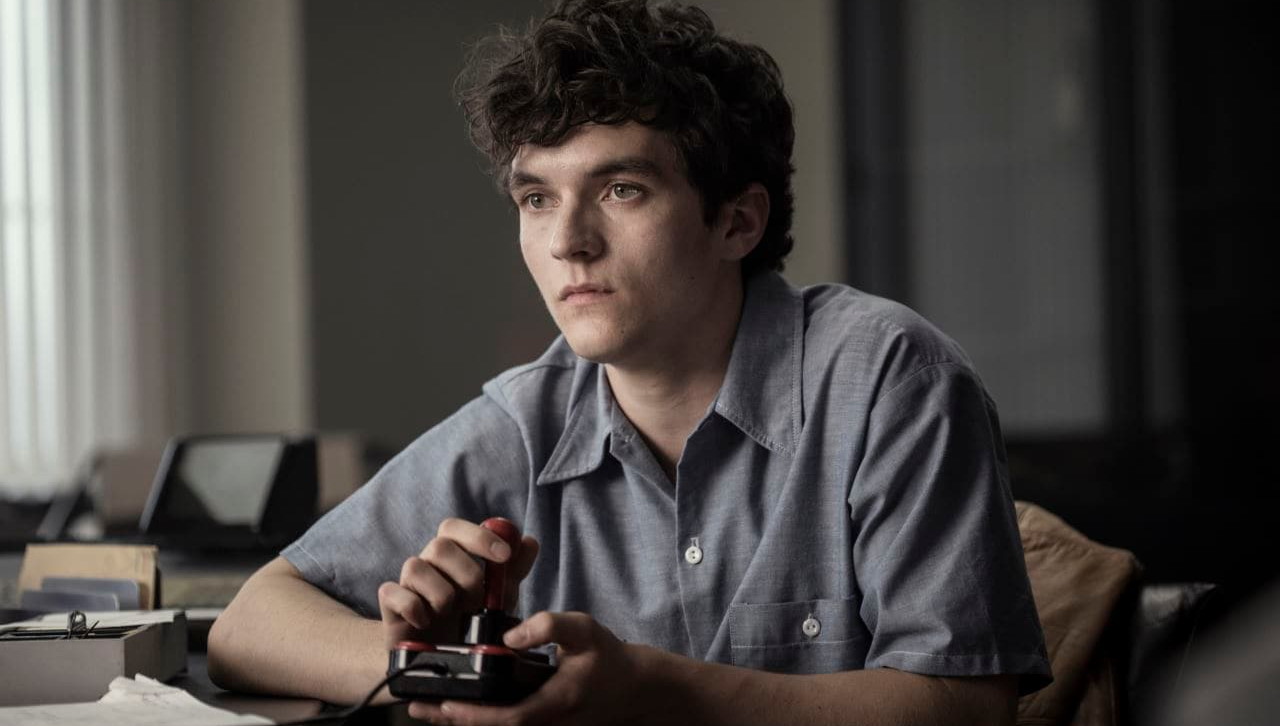Netflix's push into games will 'primarily' be mobile for now
Netflix said in a letter to shareholders that its games will be offered to subscribers at no additional cost.

Keep up to date with the most important stories and the best deals, as picked by the PC Gamer team.
You are now subscribed
Your newsletter sign-up was successful
Want to add more newsletters?

Every Friday
GamesRadar+
Your weekly update on everything you could ever want to know about the games you already love, games we know you're going to love in the near future, and tales from the communities that surround them.

Every Thursday
GTA 6 O'clock
Our special GTA 6 newsletter, with breaking news, insider info, and rumor analysis from the award-winning GTA 6 O'clock experts.

Every Friday
Knowledge
From the creators of Edge: A weekly videogame industry newsletter with analysis from expert writers, guidance from professionals, and insight into what's on the horizon.

Every Thursday
The Setup
Hardware nerds unite, sign up to our free tech newsletter for a weekly digest of the hottest new tech, the latest gadgets on the test bench, and much more.

Every Wednesday
Switch 2 Spotlight
Sign up to our new Switch 2 newsletter, where we bring you the latest talking points on Nintendo's new console each week, bring you up to date on the news, and recommend what games to play.

Every Saturday
The Watchlist
Subscribe for a weekly digest of the movie and TV news that matters, direct to your inbox. From first-look trailers, interviews, reviews and explainers, we've got you covered.

Once a month
SFX
Get sneak previews, exclusive competitions and details of special events each month!
Netflix said in its Q1 results in April that "games are going to be an important form of entertainment," and then suggested a month later that it was preparing to move into the field itself, telling TechRadar that it is "excited to do more with interactive entertainment." Last week it took its first real step in that direction, hiring former Oculus content VP Mike Verdu as its vice president of game development.
Netflix is obviously committed to the cause, but as we noted at the time, its actual plan—beyond "we're doin' games"—wasn't at all clear. We now have a little more clarity on that front, though, thanks to today's second-quarter letter to shareholders, in which the company revealed more about its fledgling game development efforts—including that it will prioritize mobile game development at first.
"We view gaming as another new content category for us, similar to our expansion into original films, animation, and unscripted TV," the letter says. "Games will be included in members’ Netflix subscription at no additional cost similar to films and series. Initially, we’ll be primarily focused on games for mobile devices.
"We’re excited as ever about our movies and TV series offering and we expect a long runway of increasing investment and growth across all of our existing content categories, but since we are nearly a decade into our push into original programming, we think the time is right to learn more about how our members value games."
It's a much more cautious approach to making games than what we've seen so far from Amazon and Google, both of which have struggled to find success in videogames despite having virtually unlimited resources at hand: Stadia is stalled, and Amazon still hasn't managed to release anything, although the New World MMO went into closed beta today and is set to go live on August 31.
But Netflix isn't targeting the same audience: By concentrating first on its existing users and making games accessible through mobile devices, it's perhaps opening the door to people who might not consider themselves gamers. It's a strategy that eschews the "core gamer" demographic that Amazon and Google are pursuing, but I think it's a good bet that it will pay off.
While the approach may be relatively deliberate, there is an urgency behind it, driven by other services—including game platforms—that are jostling for a limited number of eyeballs in an increasingly crowded media world.
Keep up to date with the most important stories and the best deals, as picked by the PC Gamer team.
"In the race to entertain consumers around the world, we continue to compete for screen time with a broad set of firms like YouTube, Epic Games and TikTok (to name just a few)," Netflix said. "But, we are mostly competing with ourselves to improve our service as fast as we can. If we can do that, we’re confident we can maintain our strong position and continue to grow nicely as we have been over the past two-plus decades."
As for when the games might start rolling out, there's still no sign: Netflix said only that it is still "in the early stages of further expanding into games."

Andy has been gaming on PCs from the very beginning, starting as a youngster with text adventures and primitive action games on a cassette-based TRS80. From there he graduated to the glory days of Sierra Online adventures and Microprose sims, ran a local BBS, learned how to build PCs, and developed a longstanding love of RPGs, immersive sims, and shooters. He began writing videogame news in 2007 for The Escapist and somehow managed to avoid getting fired until 2014, when he joined the storied ranks of PC Gamer. He covers all aspects of the industry, from new game announcements and patch notes to legal disputes, Twitch beefs, esports, and Henry Cavill. Lots of Henry Cavill.

